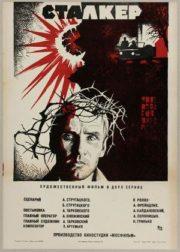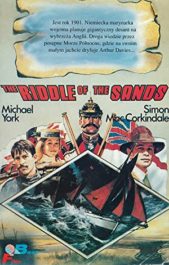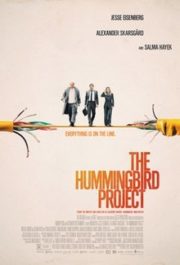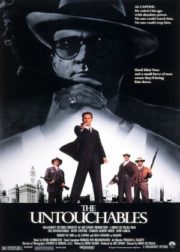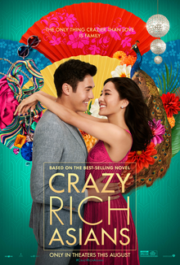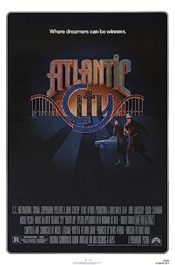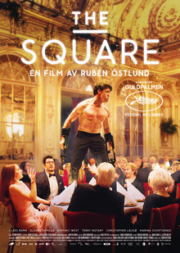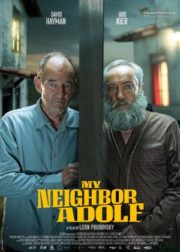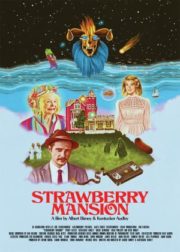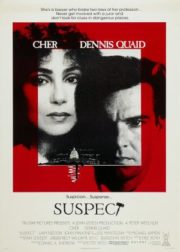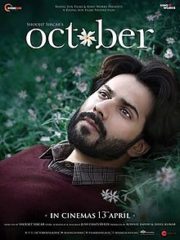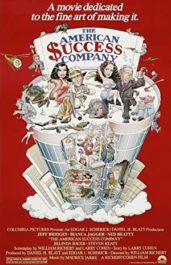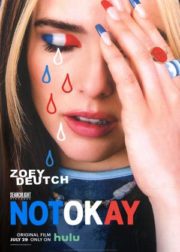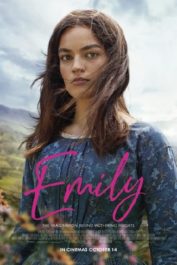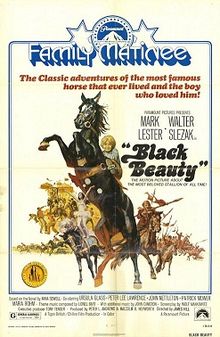
Submit your review | |
Black Beauty, released in 1971 and directed by James Hill, is a classic and heartfelt adaptation of Anna Sewell's beloved novel. With its timeless story, beautiful cinematography, and a poignant portrayal of the bond between humans and horses, Black Beauty remains a touching and memorable film for audiences of all ages.
The film follows the life of a beautiful black horse named Black Beauty, voiced by Alan Cumming, as he navigates various owners and experiences throughout his life. From his idyllic early years on a country estate to his harsh treatment as a cab horse on the busy city streets, Black Beauty encounters both kindness and cruelty from humans. Through it all, he maintains his spirit and resilience, touching the lives of those he encounters and teaching valuable lessons about compassion and empathy.
Black Beauty is a character in his own right, and the film effectively conveys his emotions and experiences through subtle expressions and interactions with the humans he encounters. The voiceover work by Alan Cumming gives Black Beauty a soulful presence, capturing the horse's gentle nature and unwavering spirit.
The film's cinematography is visually striking, capturing the beauty of the English countryside and the contrasting settings Black Beauty finds himself in. From lush green fields to the bustling city streets, each location is carefully crafted to evoke a sense of time and place. The cinematography also conveys the emotional impact of key moments, allowing the audience to connect with the characters and their experiences.
The performances in Black Beauty are heartfelt and authentic, with actors such as Mark Lester, Walter Slezak, and John Nettleton bringing depth and humanity to their roles. The relationships between the human characters and Black Beauty are portrayed with sincerity, emphasizing the profound connection between humans and animals.
The film stays true to the spirit of Anna Sewell's novel, highlighting important themes such as animal welfare, kindness, and the responsibility humans have towards the creatures in their care. It portrays the impact that kindness and understanding can have on animals, as well as the consequences of mistreatment and neglect. These themes are handled with sensitivity, making Black Beauty a thought-provoking and emotionally resonant film.
If there is any minor drawback to Black Beauty, it is that certain moments may feel dated or overly sentimental to modern audiences. However, these aspects are outweighed by the film's enduring message and timeless appeal.
In summary, Black Beauty (1971) is a classic and heartfelt adaptation that captures the essence of Anna Sewell's beloved novel. With its touching story, beautiful cinematography, and poignant performances, the film remains a powerful exploration of compassion, resilience, and the enduring bond between humans and animals. Black Beauty's journey is one that continues to resonate with audiences, reminding us of the importance of treating all creatures with kindness and respect.
"Black Beauty" is a heartwarming and timeless film adaptation of Anna Sewell's classic novel. Released in 1971, this British-American production brings to life the enduring story of a horse named Black Beauty and the trials and tribulations he faces throughout his life. Directed by James Hill and featuring a talented ensemble cast, the film captures the spirit of the original source material and remains a beloved adaptation to this day.
The narrative of "Black Beauty" follows the titular horse as he experiences various owners and circumstances, highlighting the bond between animals and humans. The film emphasizes themes of compassion, kindness, and the importance of treating animals with respect. Through the eyes of Black Beauty, the audience gains a profound understanding of the struggles and mistreatment that horses often endure in a world where they are dependent on human care.
The performances in "Black Beauty" are commendable, with the horses themselves deserving special recognition. The titular Black Beauty and the other equine cast members convey a range of emotions, effectively communicating their experiences and forming a deep connection with the viewers. The human actors, including Mark Lester, Walter Slezak, and Patrick Mower, deliver solid performances, bringing authenticity and depth to their respective characters.
The film's cinematography and visuals are visually pleasing, capturing the beauty of the English countryside and the bond between horses and humans. The stunning landscapes serve as a backdrop for the emotional journey of Black Beauty, creating an immersive and captivating viewing experience.
What sets "Black Beauty" apart is its ability to appeal to both children and adults. While it presents a story that is accessible to younger audiences, it also addresses important themes that resonate with older viewers. It serves as a reminder of the significance of empathy and compassion, inspiring audiences to reflect on their treatment of animals and the responsibility we hold as caretakers.
While "Black Beauty" was made in 1971 and may not boast the same level of technical sophistication as modern films, its timeless story and meaningful message continue to captivate audiences. It stands as a testament to the enduring power of Sewell's novel and the profound impact it has had on readers and viewers for generations.
In summary, "Black Beauty" is a heartwarming and poignant film that remains a cherished adaptation of Anna Sewell's beloved novel. Through its powerful storytelling, strong performances, and resonant themes, the film captures the essence of the human-animal bond, reminding us of the importance of compassion and kindness. Whether you're a fan of the original novel or seeking a heartfelt and timeless family film, "Black Beauty" is sure to leave a lasting impression.
This movie was a good one, I did enjoy it even though I haven’t read the book and I hope to. Even though I haven’t read the novel, this movie depicts a dark side to the novel though.
The story of the horse as it travels from one owner to another wasn’t so boring and there was good progression too as the horse’s life gets joyless as time goes by.
The movie’s ending would not sweep you off your feet in any way and I think is a little to predictable from my own point of view.
Overall this is an average movie, but I love stories about animals and this one seems to have won my heart as well.





